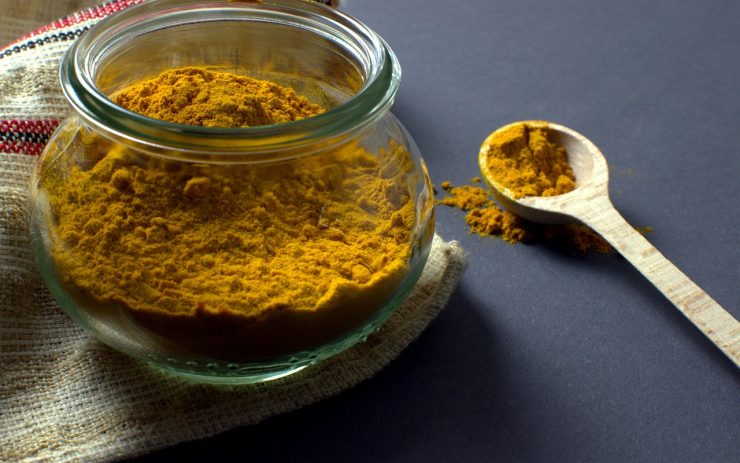Turmeric, a bright yellow spice known for its prominent role in South Asian cuisines, has also gained fame as a purported natural remedy for various ailments, including pain relief. Let’s take a look at whether turmeric can genuinely help with pain management, exploring scientific findings, expert opinions, and the mechanisms by which it might work.
What is Turmeric?
Turmeric is derived from the root of Curcuma longa, a plant native to India and Southeast Asia. The key active component of turmeric is curcumin, which is credited with most of the spice’s anti-inflammatory and health-promoting properties.
The Science Behind Turmeric and Pain Relief
Anti-inflammatory Properties
Numerous studies have focused on the anti-inflammatory effects of curcumin. Chronic inflammation is a significant factor in many conditions that cause pain, such as arthritis, fibromyalgia, and other musculoskeletal disorders. Curcumin has been shown to inhibit several molecules that play a role in inflammation, potentially reducing swelling and pain.
Clinical Trials
Several clinical trials have tested turmeric’s effectiveness in pain management:
- Arthritis: A study published in the Journal of Medicinal Food concluded that curcumin extracts were as effective as ibuprofen in reducing pain in patients with knee osteoarthritis.
- Post-surgical pain: Research in the Pain Medicine journal found that curcumin supplements helped reduce pain and increased mobility in patients after surgery, suggesting a potential role in post-operative care.
Limitations of Curcumin
Despite promising results, curcumin has limitations that affect its efficacy:
- Bioavailability: Curcumin is poorly absorbed from the digestive tract, which can limit its effectiveness unless taken in enhanced formulations or combined with other substances like piperine, found in black pepper, which can increase absorption.
- Study Variability: Results across studies vary due to differences in dosages, formulations, and study design, making it difficult to draw definitive conclusions.
Expert Opinions and Recommendations
Medical experts generally agree that while turmeric can help manage pain, especially related to inflammation, it should not replace conventional medical treatments. It is often recommended as a complementary therapy. Additionally, turmeric is considered safe for most people, but high doses or long-term use may cause gastrointestinal issues.
Real-world Use and Testimonials
Many individuals who use turmeric supplements or incorporate the spice into their diet report reduced symptoms of pain and inflammation. These anecdotal reports, while not scientific proof, suggest that turmeric may have beneficial effects for some people.
Conclusion: Is Turmeric a Valid Pain Relief Option?
Based on the available evidence, turmeric, primarily due to its curcumin content, appears to have potential as a pain relief agent, particularly in conditions associated with inflammation. However, its effectiveness can be limited by issues like poor bioavailability and variability in study results. For those interested in trying turmeric for pain management, it is advisable to consult with a healthcare provider to ensure it is appropriate for their specific health needs and to discuss potential interactions with other treatments.
Final Answer: Does Turmeric Really Help with Pain?
Yes, turmeric can help with pain, especially when related to inflammatory conditions. However, it should be used as part of a broader treatment plan and under medical supervision to ensure the best results and safety.
This food kills knee, hip & back pain
As a naturopathic physician, for the better part of the last 20 years my main job has been to keep my patients’ joints moving freely…
Or to free them up when they’re stuck.
Today, I’m going to share with you what I’ve learned over all these years…
And let you in on a “trade secret” that will help your joints feel like they just got an oil change.
Read Now: 6 Anti-Inflammatory Foods for Your Knees, Hips, & Back











